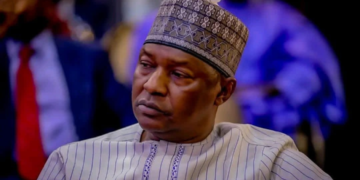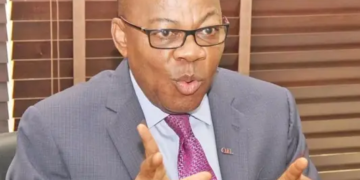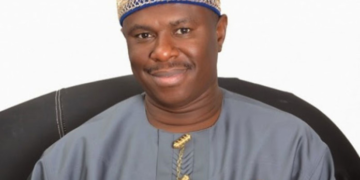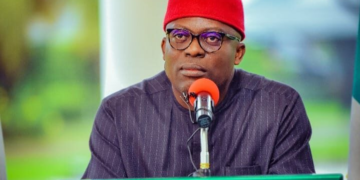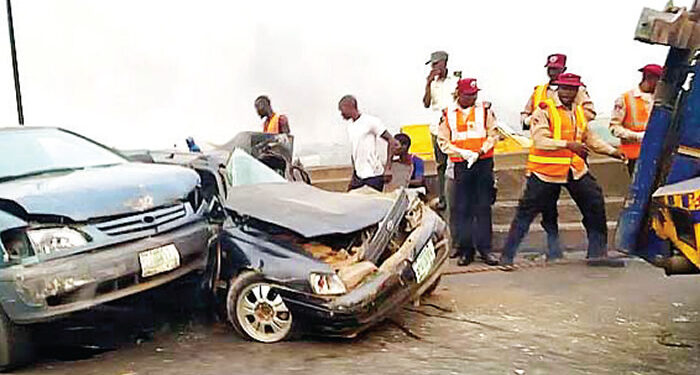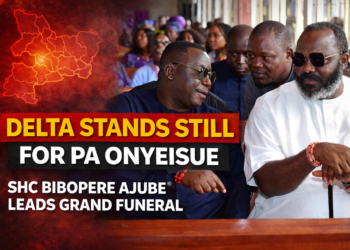No fewer than 40,000 people die annually from road crashes in Nigeria, the Federal Road Safety Corps (FRSC) has said.
The FRSC said road crashes are the leading cause of death and disability in the country.
The Corps Marshal of FRSC, Dauda Biu, disclosed this on Monday, May 15, at an event held to mark the 7th United Nations Global Road Safety Week in Abuja.
He added that about 1.3 million people are killed, while 50 million sustain injuries, in road crashes across the world each year.
According to him, there is no greater threat to people aged 5-29 years than road traffic crashes, as one in every four deaths occurs among pedestrians and cyclists.
“In Nigeria, over 40,000 persons die annually as a result of this avoidable scourge,” the Corps Marshall noted.
Biu explained that the United Nations developed a global plan for the Decade of Action for Road Safety 2021-2030 as part of its efforts to reduce road traffic deaths and injuries by 50 per cent in 2030.
According to him, the 2023 edition of the event with the theme, ‘Sustainable Transport’, is slated for Monday to Sunday.
The FRSC is partnering with the World Health Organisation (WHO), Federal Ministry of Health (FMH) and United Nations Decade of Action on Road Safety and Injury Prevention (UNDARSIP) to mark the event with various activities.
Biu further noted that taking action to ensure safe roads, vehicles and behaviours and improve emergency care is paramount, adding that road networks must be designed with the most-at-risk in mind.
“The key messages of this year’s event centre on the need for governments and their partners to rethink mobility.
“Ensuring safety must be at the core of efforts to re-imagine mobility, and thus road networks must be designed with the most-at-risk in mind.”
The FRSC boss further called on governments at all levels and partners to rethink mobility with a mindset to provide access to safe and affordable mobility systems for all.
He stressed the need for the government to make available accessible, resilient, low cost and sustainable mobility systems to create livable cities that would fulfil the needs of all.
Biu explained that the mobility system will ensure safety at all costs and also ensure that they feel safe walking and cycling, adding that this would further promote good health, sustainable cities and an equitable society.
He, however, appealed that the road network must be designed in consideration of vulnerable road users.

